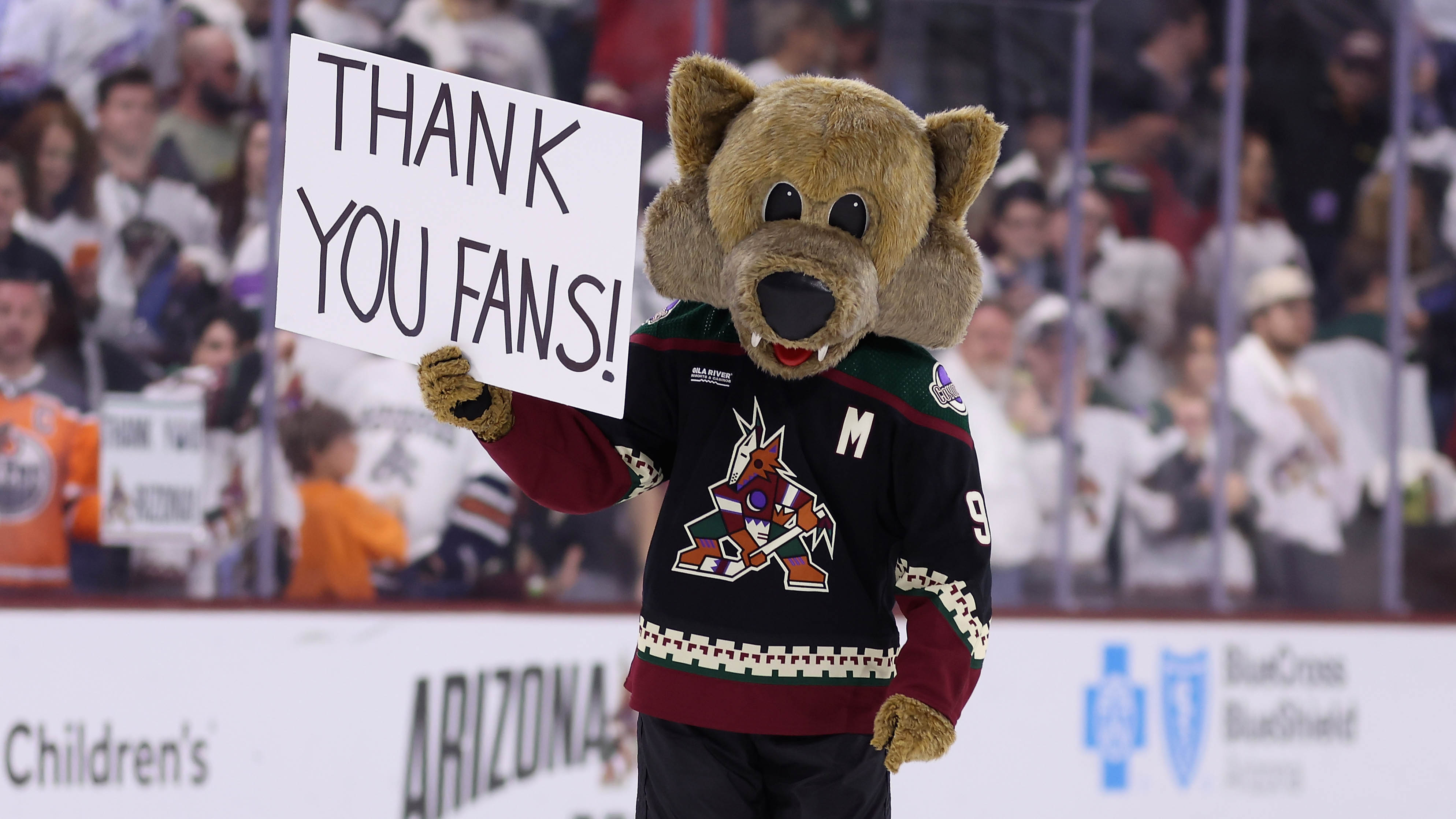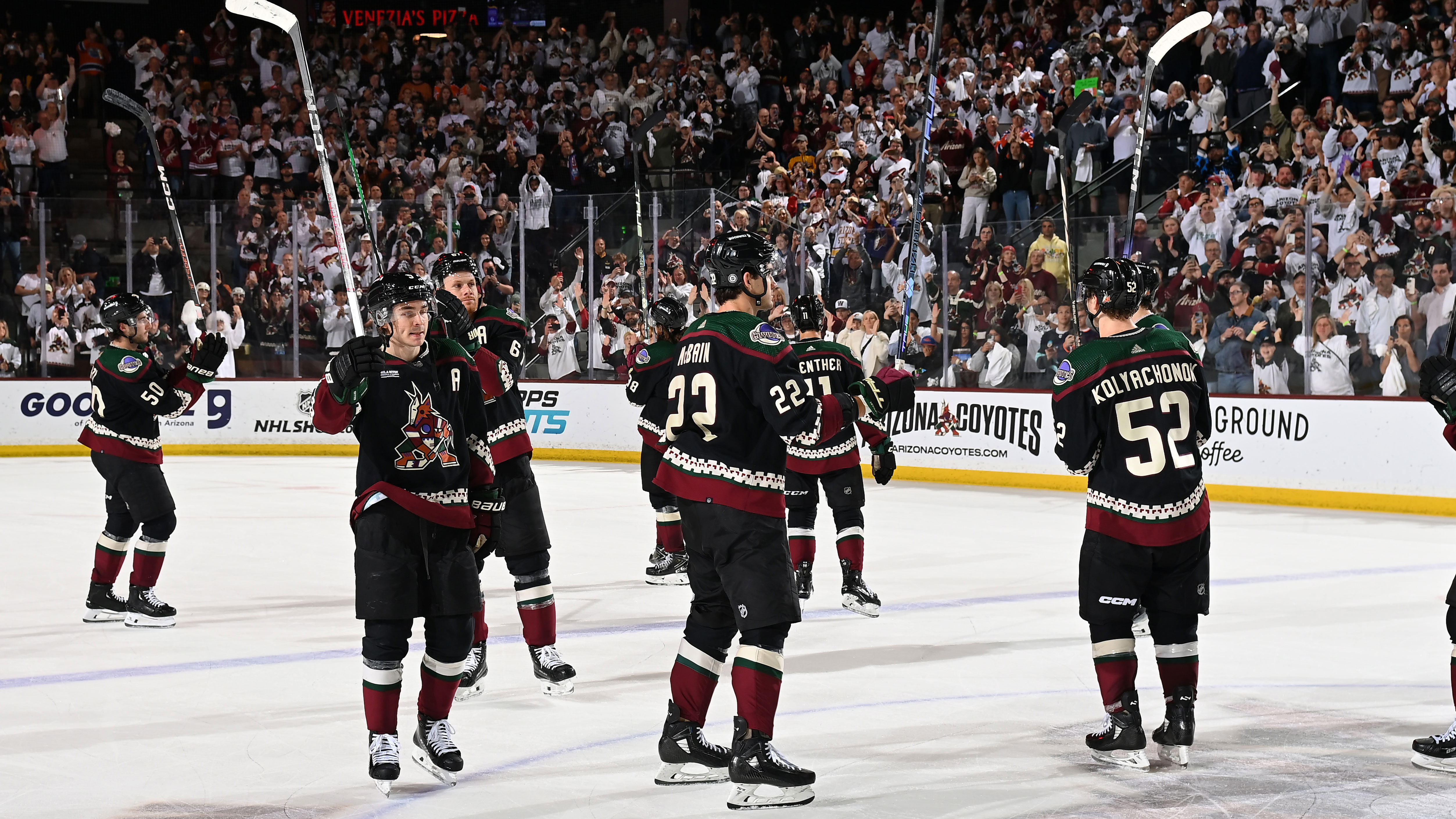These days, Brian Campbell doesn’t do much on his off nights.
If he’s not playing hockey, he’s spending as much time as possible with family. And whatever spare time he has after that, well, he’s resting.
“I’ll have friends and neighbors say, ‘Hey you want to go for dinner?’ Not a chance,” Campbell said to laughs. “I don’t want to do anything right now. I want to be at home, whether we cook or order in. It has been, at times, exhausting. It’s not much of a life outside of what’s going on.”
Stay in the game with the latest updates on your beloved Chicago sports teams! Sign up here for our All Access Daily newsletter.
The Blackhawks are currently enjoying their bye week after playing 57 games through Feb. 11. Thanks to World Cup and a bye week for each team, the NHL schedule has been condensed this season. That’s offered its challenges, its various effects on players and coaches and differing opinions.
Minnesota Wild coach Bruce Boudreau admitted he’s had to adjust. The usual way he does things just aren’t going to fly this season. Looking at the Wild’s record, the changes apparently haven’t hurt them.
“There are a lot of tired players and we’ve had fewer practices than any time I’ve ever been a coach in this league,” Boudreau said at the All-Star weekend. “We finished nine games in 15 days [before the break] and we never practiced the other six days because you can’t kill the guys, especially your better players. If you’re asking them to practice for 30 minutes and then asking them to play for 25 minutes, it’s a pretty daunting task.”
As for players on other teams, some love the schedule and some don’t.
NHL
“There aren’t too many guys in this league who are big practice guys. We want to play,” said Dallas defenseman Jordie Benn, who added he hasn’t changed his daily routine much. “We want to be out there on the ice. For me, personally, it’s not that big of a deal.”
Fellow Stars defenseman John Klingberg talked of the Stars’ early hectic schedule, in which the team wasn’t playing well and dealt with a lot of injuries. He thought a few on-ice sessions may have been beneficial at that time.
“We didn’t practice almost at all and at that time, when we struggled, we really needed to practice,” Klingberg said. “It was tough because we wanted to keep the energy going for the games. At the same time, you want to get practices in so you have the feeling with hands and feet. That’s something I felt earlier in the year that I needed more of. I was trying to skate as much as I could but there weren’t a lot of scheduled practices.”
[SHOP: Gear up, Blackhawks fans!]
With that, let’s look at the Blackhawks.
Considering how coach Joel Quenneville runs a practice schedule, it seems like the Blackhawks have been prepping for a season like this since the 2012-13 lockout. That year, when teams were playing roughly every other day in that 48-game schedule, Quenneville started eliminating a lot of practices. Part of that was the Blackhawks’ success: they got off to a 21-0-3 start, so why practice? But it was also about conserving energy. Even now he keeps his practices to about 35 minutes.
“Through the history of being around this team, it’s proven that rest is important and practices can be overrated,” Quenneville said with a laugh. “Our guys have played a lot of games, our older guys, for sure, and meaningful games. And we find we’re at our best when we’re rested and come ready to play the games and use time away from the rink to get re-energized, freshened up. Sometimes I think playing games is the right time to let it all out there.”
Still, it’s ultimately about the individual. Marian Hossa will take some practices and skates off, saving his energy for games. He’s having a great season, sharing the team’s goal lead with Artem Anisimov (20 for each). This is also coming off World Cup, in which Hossa played plenty of minutes for tournament runner-up Team Europe.
“It’s good to practice here or there but when you have so many games, I think the most important thing toward the end of the year is rest,” Hossa said. “We’re pretty lucky we have that, and I think we also have had good results off that. It seems like it works.”
Patrick Kane doesn’t take many skates or practices off but he has added something new to his repertoire: cryotherapy. In the therapy, be it whole-body or localized, a person is exposed to subzero temperatures for a few minutes.
“I think it has helped me, especially to do that in Chicago every off day, so it’s been good. I feel like fresh on the ice, which is good,” Kane said. “I think you try out different things to help your body or get yourself to recover a little bit faster than other times if you have more days off.”
So has the schedule had an effect on game outcomes, from the lopsided scores to those with double-digit goal totals? Boudreau believes it has.
“I’m sure everyone has theories,” Boudreau continued, “but my thought is, this is why there are so many discrepancies in so many of the games, be it 7-1, 5-1, 6-5 or 8-7.”
It could be debated. Some of the most lopsided scores (Columbus’ 10-0 victory over Montreal, Los Angeles’ 7-0 decision over Toronto and Winnipeg’s 8-2 victory over Dallas) came within the first month of the regular season. Seems that would be too early to blame a schedule. But there have been some outlandish outcomes recently. The Penguins 8-7 overtime victory over the Washington Capitals on Jan. 16 comes to mind. The next night, the Stars beat the New York Rangers 7-6. The Toronto beat the Islanders 7-1 on Tuesday.
“You look at the schedule this year, a tougher schedule. You see a few more blow outs, you wonder if that has anything to do with it,” Kane said. “Who knows?”
As coaches and players love to say, the schedule is what it is. But there’s no doubt it’s been busier this season, and everyone is doing what they can to adjust.
“Sometimes you have long road trips that might catch up to you with the travel or things like that. But even then, you’re not really thinking about it too much. You’re just trying to do what you can to get yourself ready for the next game,” Kane said. “I don’t think anyone thinks about it too much. It’s just we’re hockey players, we like playing games, so it’s a good thing.”


